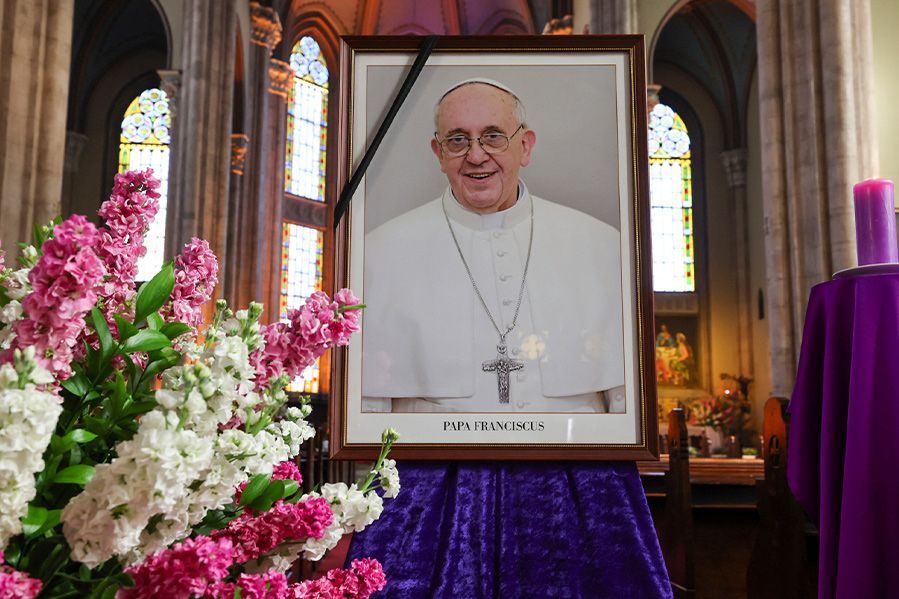
The Catholic Church is preparing to elect the successor of Pope Francis, who passed away on April 21. Following a period of mourning for the pontiff, the Vatican will convene a papal conclave, where the College of Cardinals will choose the head of the Catholic Church and the world’s more than one billion Catholics.
135 of the world’s 252 cardinals are eligible as electors (because only those under the age of 80 may take part in the secretive vote held in the Sistine Chapel). 108 of those were appointed by Pope Francis – meaning it is likely the future pope will carry on his legacy.
The new pope must be elected by a two-thirds majority, and if a consensus is not reached, the ballots are burned, black smoke emerges from the Sistine Chapel’s chimney, and voting begins anew.
When the conclave reaches a consensus, white smoke emerges from the chimney, indicating a new pope has been chosen.
RELATED: Remembering Pope Francis (1936-2025)
Will Francis' Progressive Legacy Be Continued?
Francis’ progressive influence will likely influence the next vote. He selected the majority of voting-eligible cardinals, and during his tenure appointed more African and Asian cardinals than his predecessors. Many expect one of Francis’ allies to be elected.
However, those who know their Catholic history know that the College of Cardinals loves to throw a curveball; It is entirely possible the conference could elect a more moderate or even conservative pope in what could be viewed as a rebuke of the progressive direction Francis took the Church.
The papal frontrunners are known as papabile, though it’s worth noting that the Catholic conclave doesn’t always elect the popular choice. In fact, there is an old saying in Rome: "He who enters the conclave as pope, leaves it as a cardinal."
Cardinal Giovanni Benelli was widely expected to be elected pope in the October 1978 conclave, before a surprise upset by Karol Wojtyla, who was elected Pope John Paul II.
Who Will Be the Next Pope?
Let's take a look at the frontrunners to be elected pope following Pope Francis’ death.
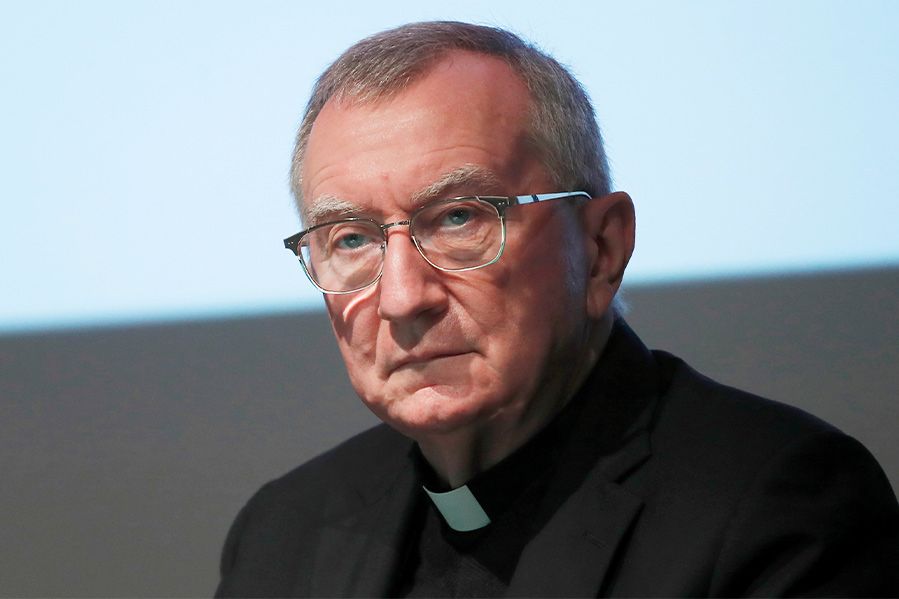
Cardinal Pietro Parolin, 70, Italy
A close Francis ally who has served as the Vatican’s secretary of state since 2013, Parolin is a highly-respected moderate responsible for overseeing the Church’s internal affairs as well as a guiding force on Vatican foreign policy.
Parolin is one of the most influential figures in the Vatican, and considered the architect of the Catholic Church’s impressive headway in relations with China and Vietnam. He is considered the odds-on favorite, and his election would widely be viewed as an extension of the progressive direction Francis took the Church.
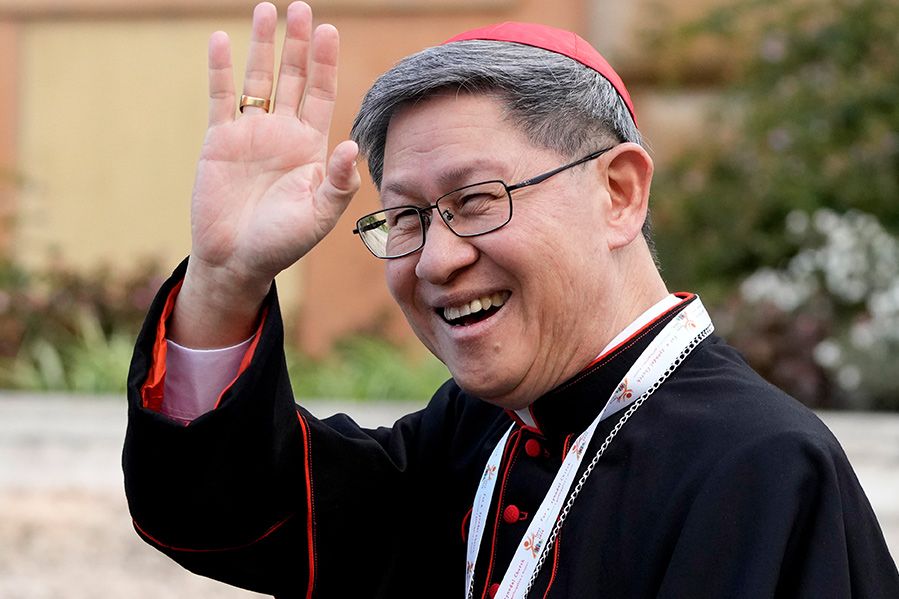
Cardinal Luis Antonio Tagle, 67, Philippines
Tagle, often called the “Asian Francis,” is perhaps the most popular and influential figure in Asian Catholicism, a highly-respected progressive figure known for his affable and personable demeanor. Tagle has been outspoken on what he views as the mistreatment of the gay community by Catholic leadership, as well as the Church’s stance on communion for divorced and remarried couples.
Tagle’s election would similarly be viewed as an extension of Francis’ legacy while trying to separate the Church from its strong Eurocentricity, and he would make history as the first Asian pope.
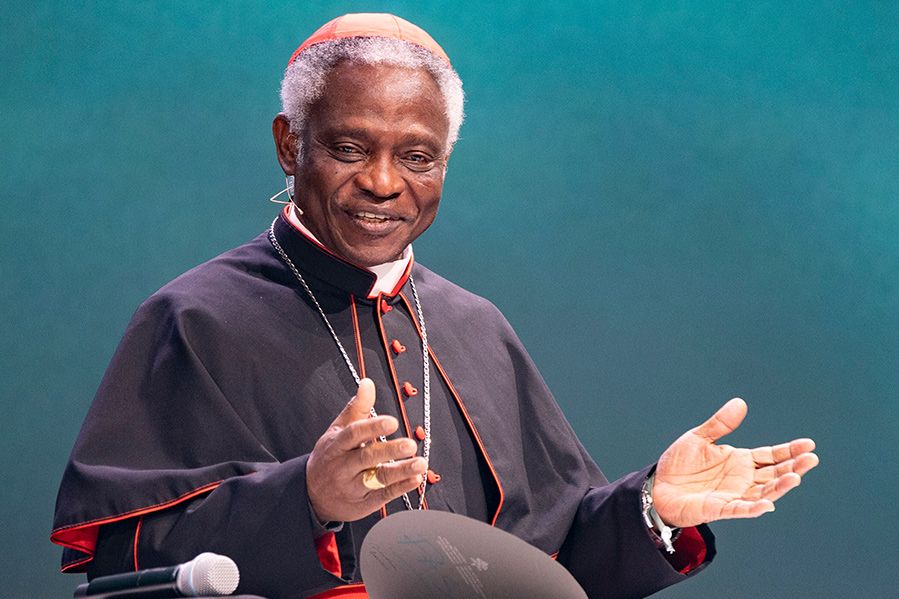
Cardinal Peter Turkson, 76 Ghana
Largely aligned with Pope Francis on social issues like climate change and social inequality, Turkson’s election would likely be viewed as an extension of Francis’ legacy. Turkson has humble beginnings from a small African village, but rose through the ranks to become one of the most influential figures in African Catholicism – a place the Catholic Church is trying to make headway in.
However, he remains conservative on other issues such as LGBTQ+ rights. While Turkson has insisted that homosexuality should not be criminalized, he maintains that any homosexual act is a form of sin.
Turkson is a compassionate and charismatic speaker, who often champions the values of mercy and compassion in his teachings. If elected, Turkson would be the first African pope since Pope Gelasius in 496, and the first black African pope ever.
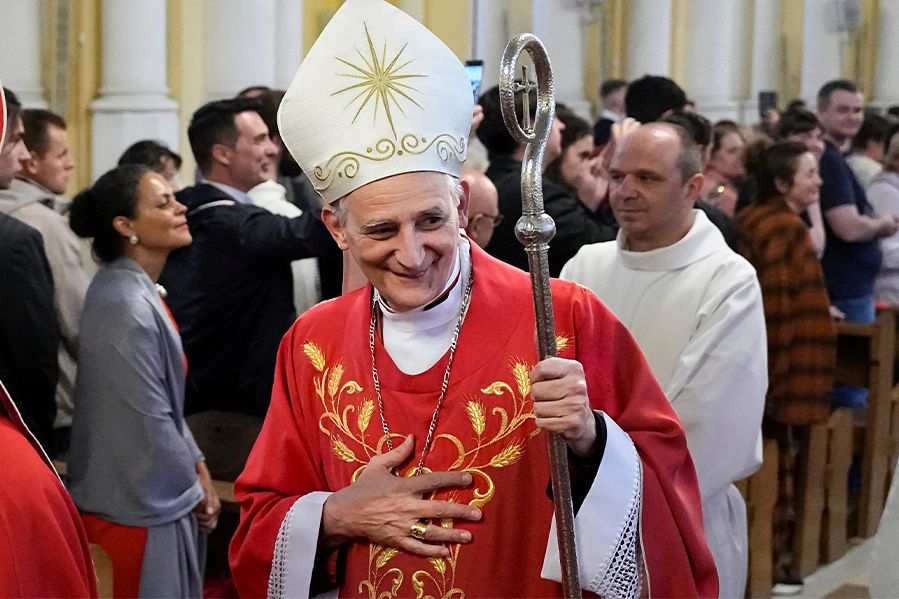
Cardinal Matteo Zuppi, 69, Italy
Zuppi is a man who has dedicated his life and service to uplifting the global poor. Zuppi is aligned with the Community of Sant’Egidio, a global movement spanning 70 countries focused on humanitarian efforts to support the poor and combat poverty. Affectionately dubbed "Don Matteo" in Bologna, Zuppi is well known for eschewing pomp and living humbly; He often travels by bicycle rather than official car.
He has also served as diplomatic envoy to the Russia-Ukraine conflict under Francis. Should Church leadership want a man of the moment, they may choose him. Although he never spoke publicly on the matter, it is believed by many Vatican scholars that Zuppi was Francis’ personal choice as his successor.
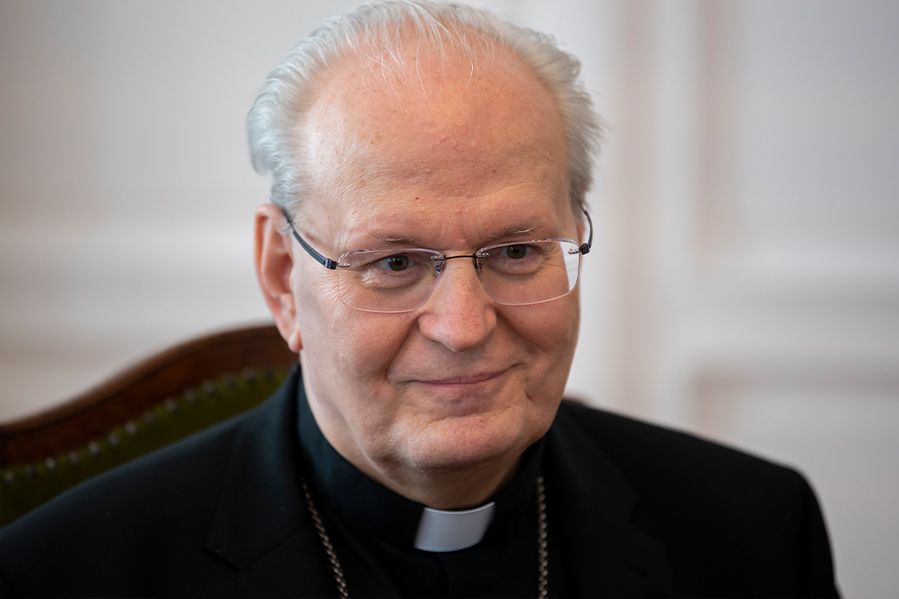
Cardinal Peter Erdo, 72, Hungary
Should the conclave seek a return to conservatism, it is possible they may rally around Erdo. A canon law scholar and twice-elected head of the Council of European Bishops’ Conferences, Erdo is highly respected amongst the European bloc of electors.
Erdo is highly diplomatic and also has strong connections with Latin American and African Catholic leadership, but as a well-known conservative, his election would mark a strong change in direction from the progressive policies of Pope Francis.
His rejection of divorced Catholics receiving communion and comments comparing receiving refugees to engaging in human trafficking were met with controversy.
Large Decision Looms
These are a few of the most likely candidates, but there's one thing about conclaves: They almost always surprise. It is entirely likely cardinal electors will choose someone else not on this list.
Whoever the next pope is, they will define the role of the Catholic Church in the 21st century, either cementing Francis' progressive legacy or consciously changing course. What do you think will happen?
2 comments
-
The papal pendulum swung towards liberalism when it elected Pope Francis… it may have to the right before it settles to a happy medium… I hope not, but everything has its own time.


I picked up a copy of his "Fratelli Tutti" encyclical at the Cathedral in LA (decided to take a right turn after leaving Chinatown one day) and was very impressed with his writing as well as the philosophy of Inclusion, mutual respect and just down to earth Good Will. From my childhood in Irish Catholic San Francisco (50s), I got the Gospel parables and the "treat other the way you wish to be treated" morality. Francis seemed to epitomize those ideas including compassion for refugees and anyone else thrown under the bus of Monetary Profit. Is it too much to hope for that his trend toward Compassion might continue?